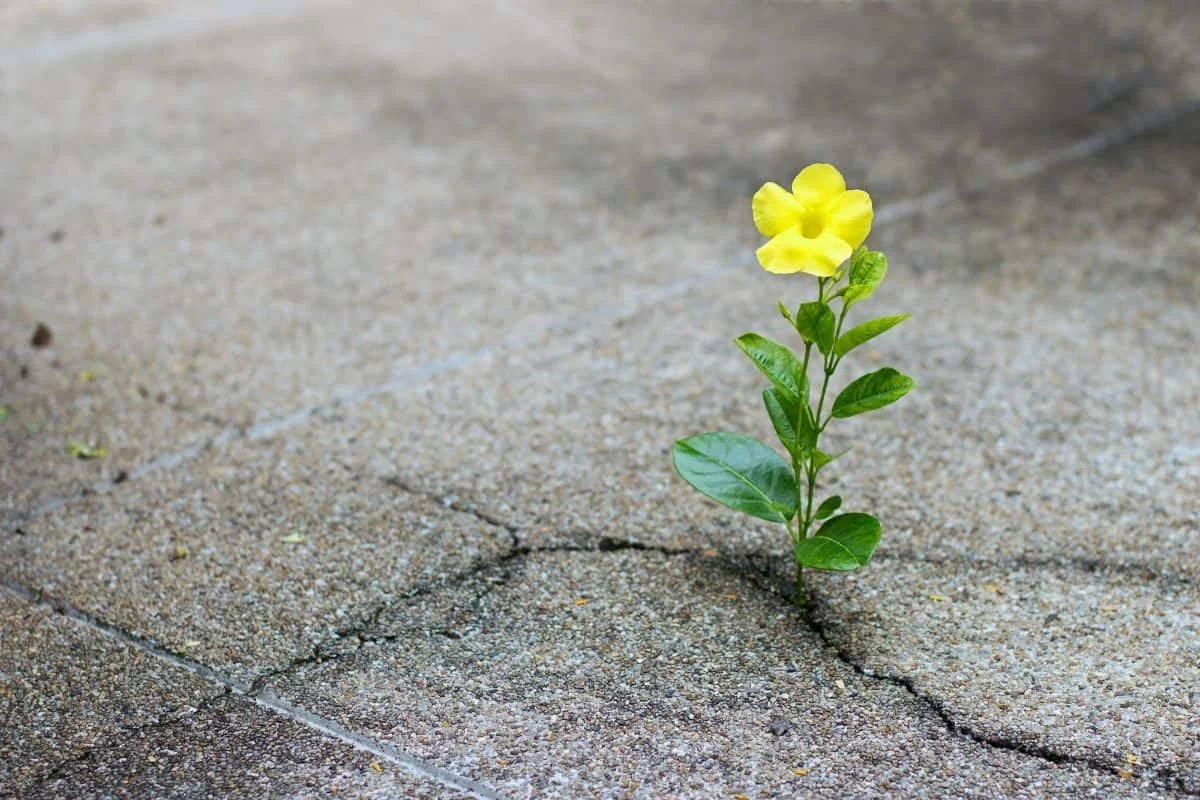Before I get into this, know there is a lot more where this story came from. I was with my entire family for winter break. After enjoying a wonderful Christmas day, I had the holiday bliss and warm-loving feeling ripped right out from under me a few days later. Here’s the gist: (1) my credit card information was stolen, (2) as I was talking to my bank on the phone to figure everything out the call dropped and I was locked out of my phone… turns out I was talking to hackers and not my actual bank, (3) my Apple ID was hacked, (4) my bank account was drained, (5) I was locked out of all my accounts and couldn’t change anything, and (5) I found out a week after all this terrible stuff that my car was broken into. Let’s just say it wasn’t a very happy New Year for me. After going through the cycle of shock, utter distress, mourning, anger, and hopelessness, I was left with the empty feeling of shame. Even though getting scammed was not inherently my fault, I felt so foolish. I should’ve known what was happening, I should’ve noticed the signs, etc. This rumination of not being able to forgive myself or the hackers who had done this to me was weighing on me heavily.
Pushing past the mist- Lessons about Growth Mindset from Haleakala
As I recently visited Haleakala National Park in Maui, I was reminded of some valuable lessons about having a growth mindset while ascending to the top of that 10,023 ft volcano. Haleakala means “House of the Sun” in Hawaiian. Legend has it that the demi-God, Maui, lassoed the sun from its path across the sky as he stood atop the volcano. Now the sun sleeps in the crater each night and creates world-famous sunrises and sunsets. The 37-mile road up to the summit is known to be the highest elevation gain within the shortest distance in the world. Due to the steep elevation gain and the ability to move quickly in a vehicle, the transitions in weather and ecology as one travels up the mountain are stark– traveling through areas of expansive vegetation, thick mist, and eventually the mostly barren volcanic terrain with a birdseye view of the mountain’s “lei” of clouds. As I recently visited Haleakala’s summit, I was reminded of some valuable lessons about having a growth mindset while ascending to the top of that 10,023 ft volcano.
The Positive Power of Storytelling
Through storytelling, there is so much that we can learn about overcoming the challenges we all face in life. We get to know the characters we love on a deep level by relating to what they are going through. You will likely never find yourself in a situation where you need to overthrow an evil government ran by the Sith, but by seeing Luke Skywalker overcome his challenges to become a Jedi (Kershner, 1980), we can gain the courage to face our own challenges and stay true to our own values. When I talk about storytelling from a positive psychology perspective, I am referring to the stories that we tell ourselves about ourselves. Each of us has some idea of who we are that is based on our own stories. Perhaps you describe yourself as a student, a teacher, a golfer, a gamer, or a lover instead of a fighter. These titles describe things about our personalities, our interests, and how we like to spend our time, and each of them are a part of our story. The idea that we use stories to describe ourselves is nothing new, but a researcher named Dan P. McAdams was one of the first to say that our stories can also provide meaning to our lives (McAdams, 2001). Because our stories are tied to our identity, the things we tell ourselves about ourselves can have a profound impact on our mental health (Adler et al., 2007), our relationships (Dunlop et al., 2020), and our values in life (McAdams, 2001).
Can Optimalism Help Us Rethink Our To-Do Lists?
Do you have a list of things to do that you never seem to complete? Do you become frustrated with yourself when you cannot finish everything you want to? Even after you finish a task, do you still feel like you were unproductive that day? If so, you are in good company. Most people have such high expectations for themselves that they can never reach them. This can lead to frustration, negative self-talk, and discouragement (Ben-Shahar, 2009; Burkeman, 2021). What if we could change our perspective on our to-do lists?
Aligning Life's Purpose: Transformative Career Changes
For the last year now, I have been preparing to apply to graduate school, researching all of the different options, and writing essays and resumes. This semester, I had it all planned out. I had already asked for recommendation letters and had written my personal statements and curriculum vitae. I had taken the GRE and even finished applying to one of my backup programs before everything changed. This past summer, I got married. Alone, that need not affect my career, but it opened up new possibilities that I had previously pushed aside. As I reached a certain point in the semester, in the middle of the application process, I faced a crisis of decision-making as I seriously took a look at my future. I asked myself questions on purpose, such as, “What do I want out of life?" “What do I want to see as I look back on my life someday?" and “Where is my path?" Diving into the discovery of my personal purpose in life helped me come to a satisfactory conclusion—one completely different from my previous plan. As I imagined what I wanted out of life and what I hoped to see looking back from my deathbed, I hope to make an impact in the lives of those that I love, encouraging genuineness, vulnerability, and growth. Although many worries and "what-ifs" have arisen against this decision, such as wondering what others may think, whether it is the smartest financial decision, and if it will ruin my chances at education later, knowing my purpose in life allows me to move forward with confidence that I will not regret this path.
Digital Well-Being and Happiness: Navigating the Digital Landscape for a Fulfilling Life
Undeniably, social media has become deeply ingrained in our lives, making its presence often inescapable. Faced with this reality, the question becomes: how can we transform our digital landscape into a positive and enriching space? Instead of fixating on the permanence of social media, a more constructive approach involves actively seeking ways to find balance and foster tranquility within the vast expanse of the digital world. This shift in perspective allows us to navigate the online realm intentionally, making choices that contribute to a positive and fulfilling digital experience, even amidst the complexities of our interconnected lives.
Discomfort as a Catalyst: Turning Life's Challenges into Opportunities for Growth
The truth is, discomfort can be really good for us. Think about the achievements for which you feel most proud. Chances are, you had to overcome some sort of obstacle that tested your abilities. If you got a good grade on a test, you likely had to spend some time studying for it. If you successfully ran your first half-marathon, you probably trained for a few months leading up to the event. Facing uncomfortable challenges is an integral part of the path to personal growth.
Awe in Nature
It is likely that each of us has had moments where we felt overcome by the beauty that surrounds us. We can be looking up at sheer granite peaks in Yosemite National Park, or we can be admiring the bright green trees as we walk next to a river. We may have seen these things many times before, but they have become commonplace. Yet, for some reason, we each have days where the natural world is not only pleasing to the senses, but it also connects with our soul.
How Extraversion Can Improve Your Well-Being and Relationships
Many people have heard of extroverts and introverts before, but what does being extraverted really mean? According to John, Naumann, and Soto (2008), extraversion is when one is more talkative, assertive, and sociable, while introversion refers to those who are more quiet, passive, and reserved. Some of the most robust research findings in personality psychology suggest that extraverts tend to experience higher levels of flourishing and positive affect, or feelings of joy, cheerfulness, pride, enthusiasm, and energy (Kuijpers et al., 2022; Smillie et al., 2015; Steel et al., 2008). Even though it is great that extraverts tend to experience more positive affect and flourishing, what are introverts like me supposed to do? Luckily, there is hope for us all.
A Different Approach to Anger
Anger is a secondary emotion, meaning there is usually something hiding underneath it—something vulnerable like hurt or fear. Often, we go to anger because it feels better and more powerful. Yesterday I was driving down the road with no other cars in sight, and a rock hit my windshield and cracked it. Oh, come on! I was irritated, even when I couldn’t find a target for it. I hadn’t done anything wrong, and neither had anyone else. As I became curious and searched underneath the anger, I found that I had too many tasks on my list, and this was now one more: fear of how much this would cost in precious resources of time and money, and feeling loss that my pristine windshield was now cracked. When I attended to those softer emotions with compassion, the anger dissipated. Try looking at anger as a part of you separate from your true self that has needed to take on this job because it is trying to protect you. It is working so hard to keep you safe. It’s desperately trying to be your hero. Try talking to it from your highest self, without judgment, and getting to know it.











